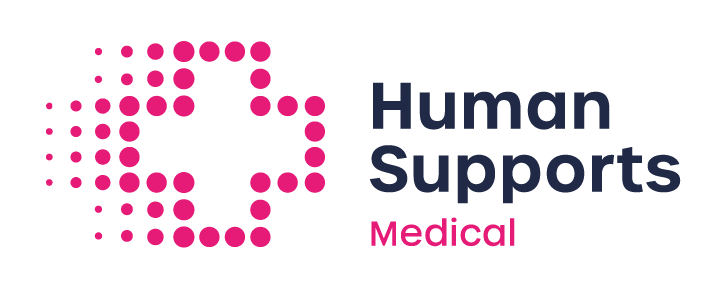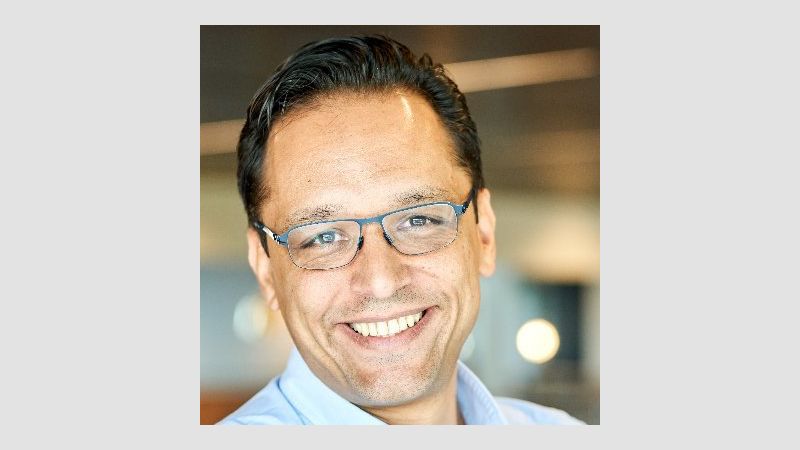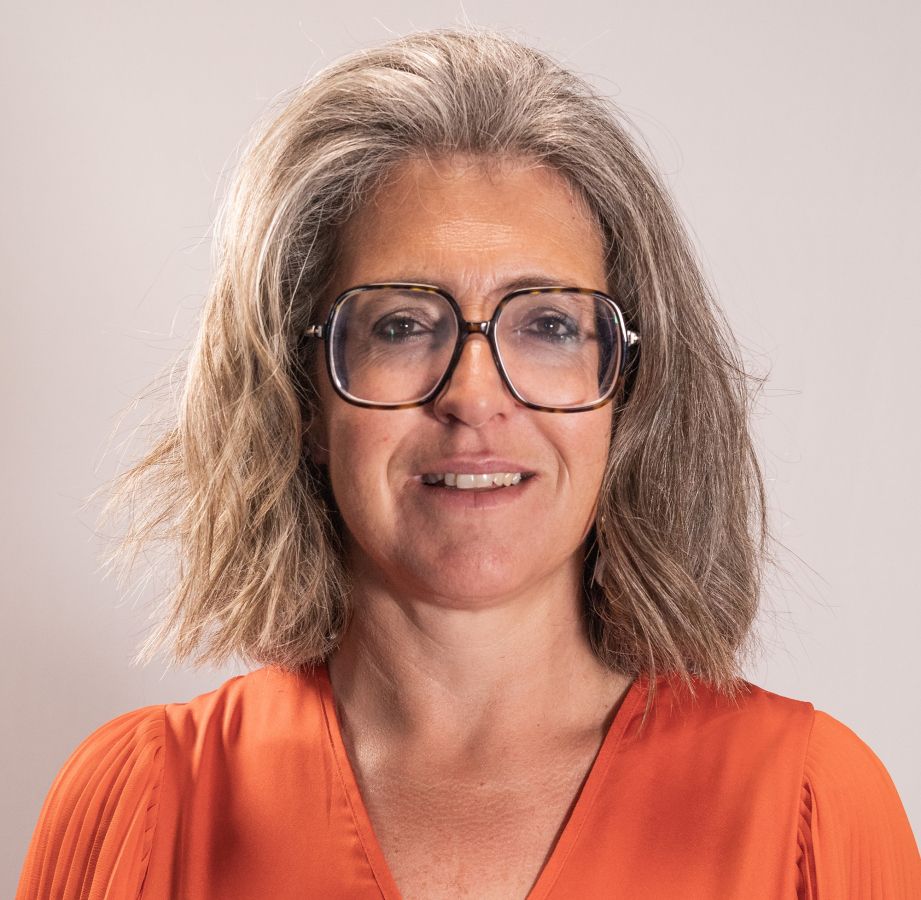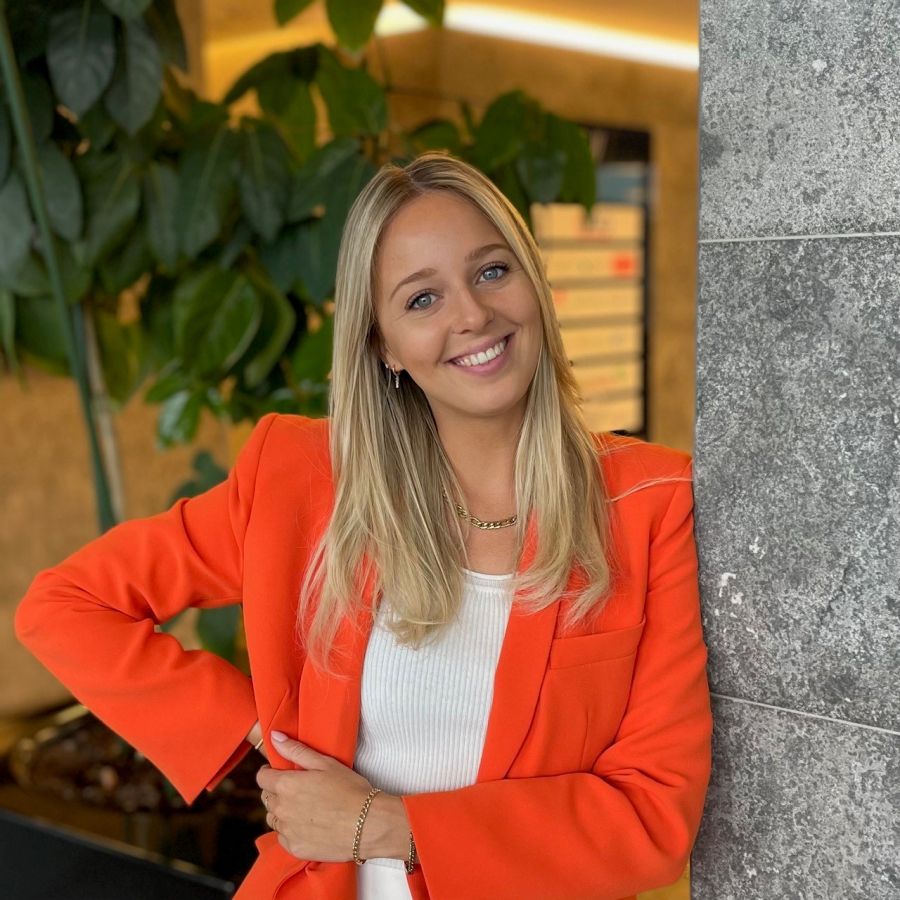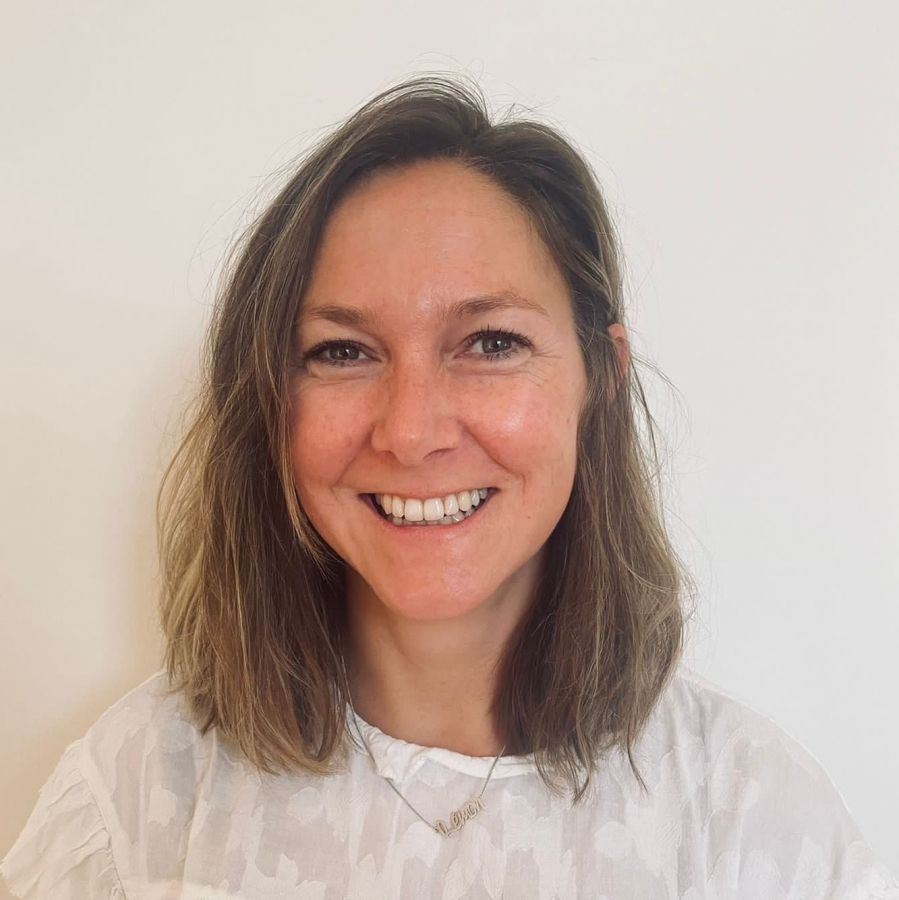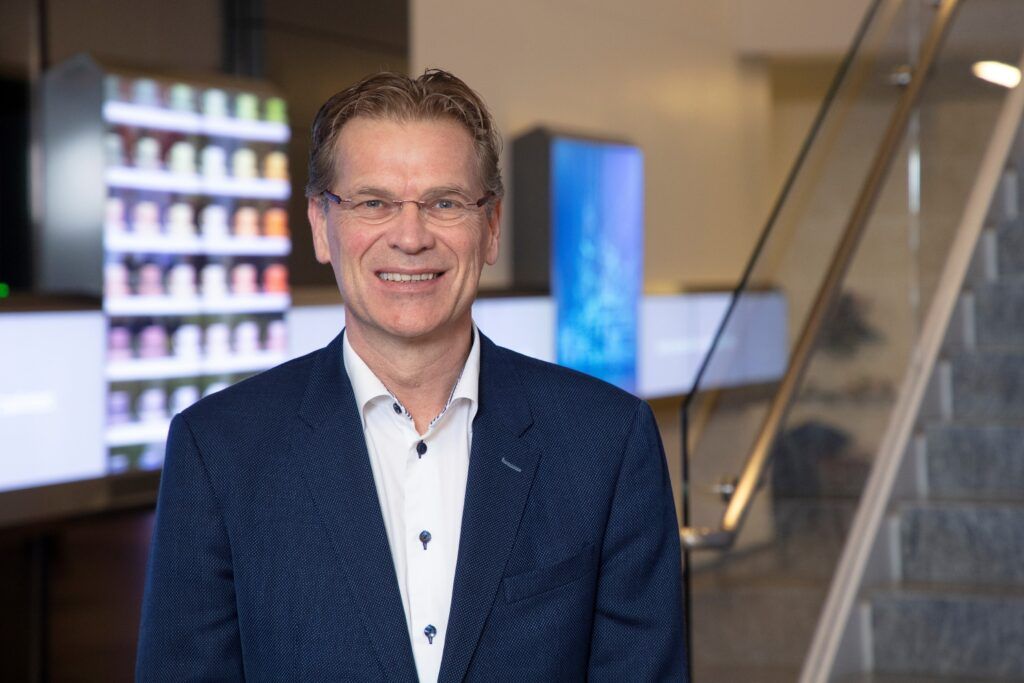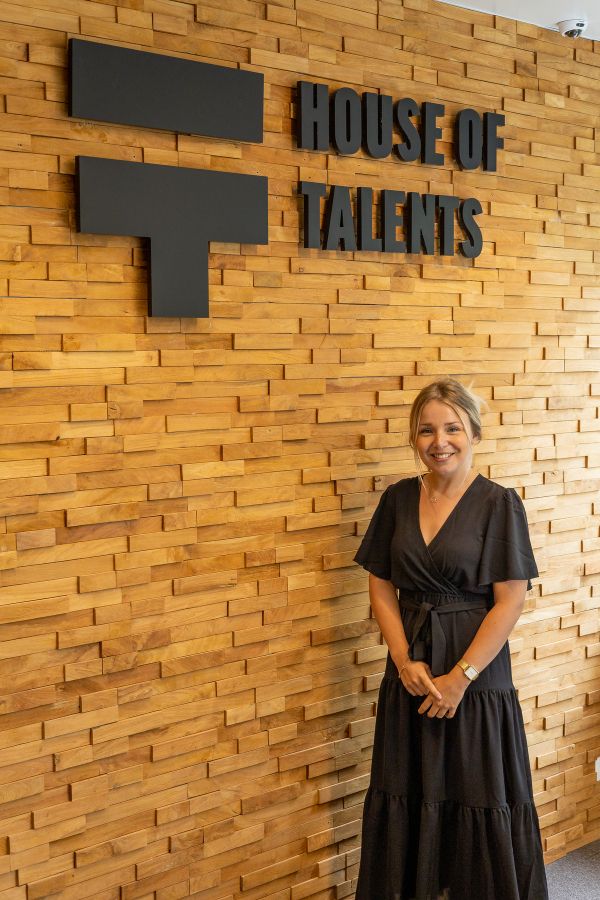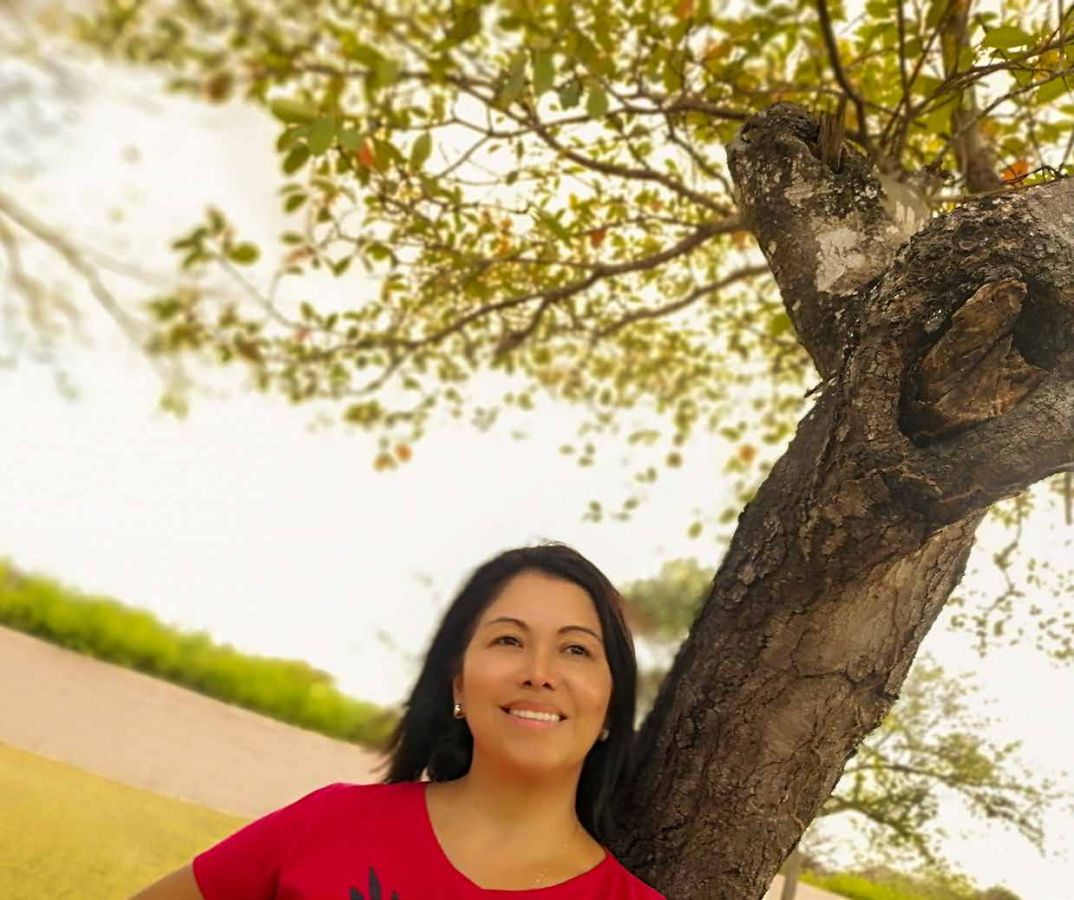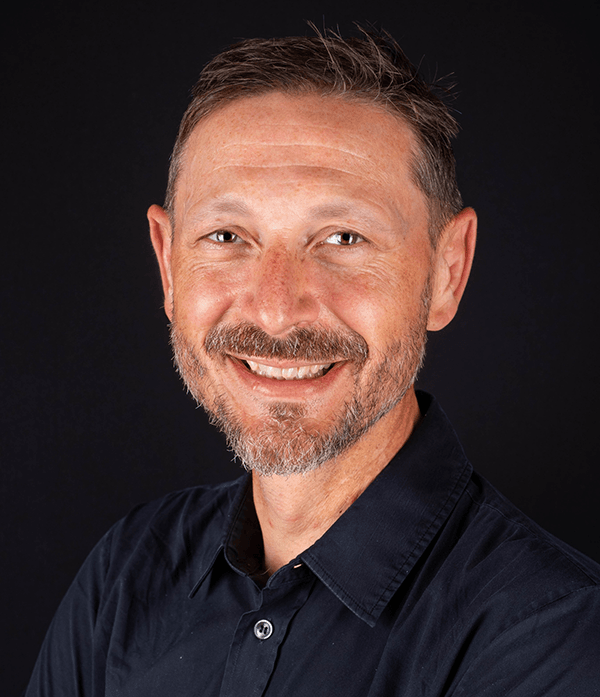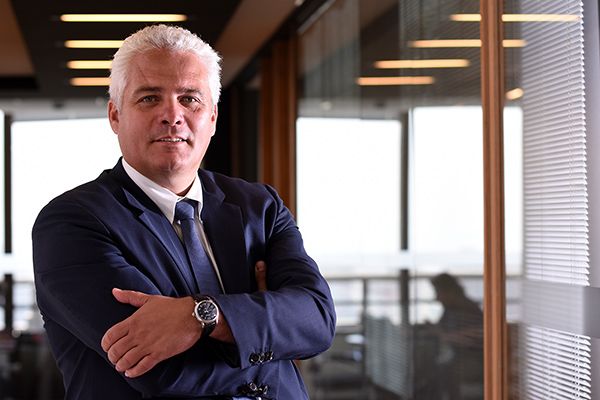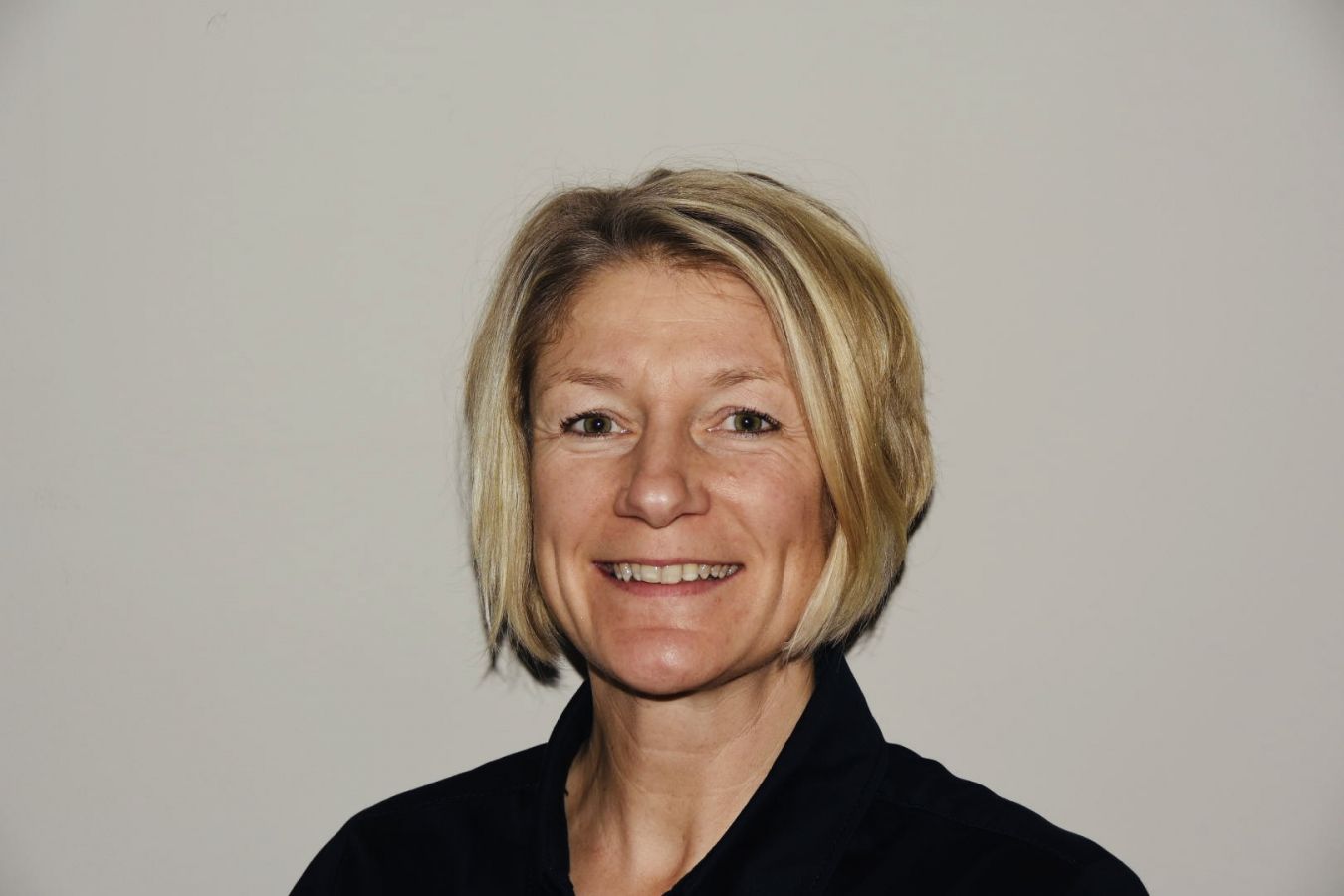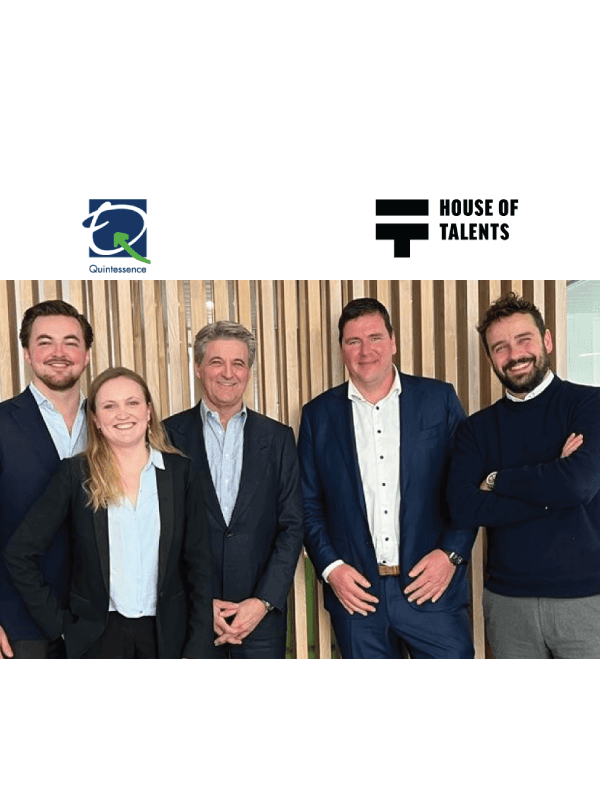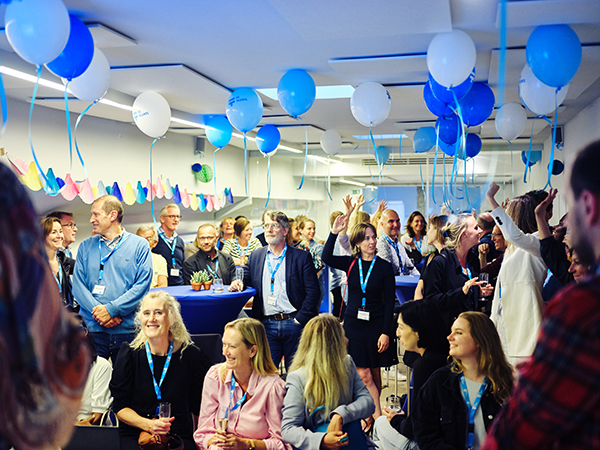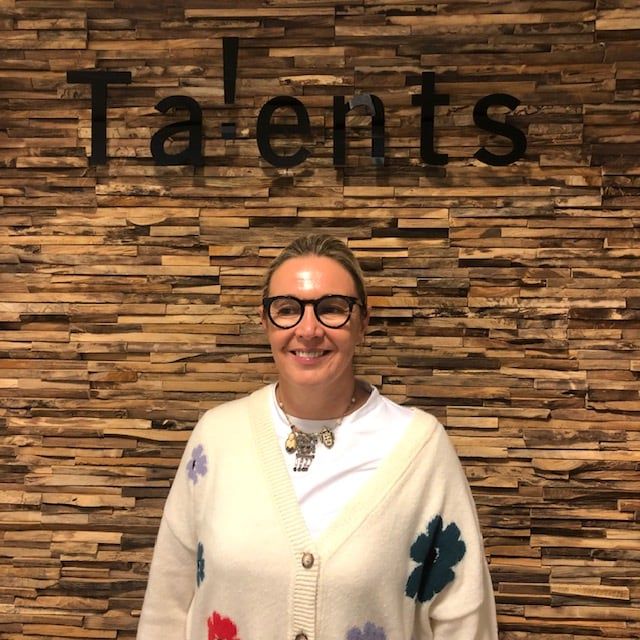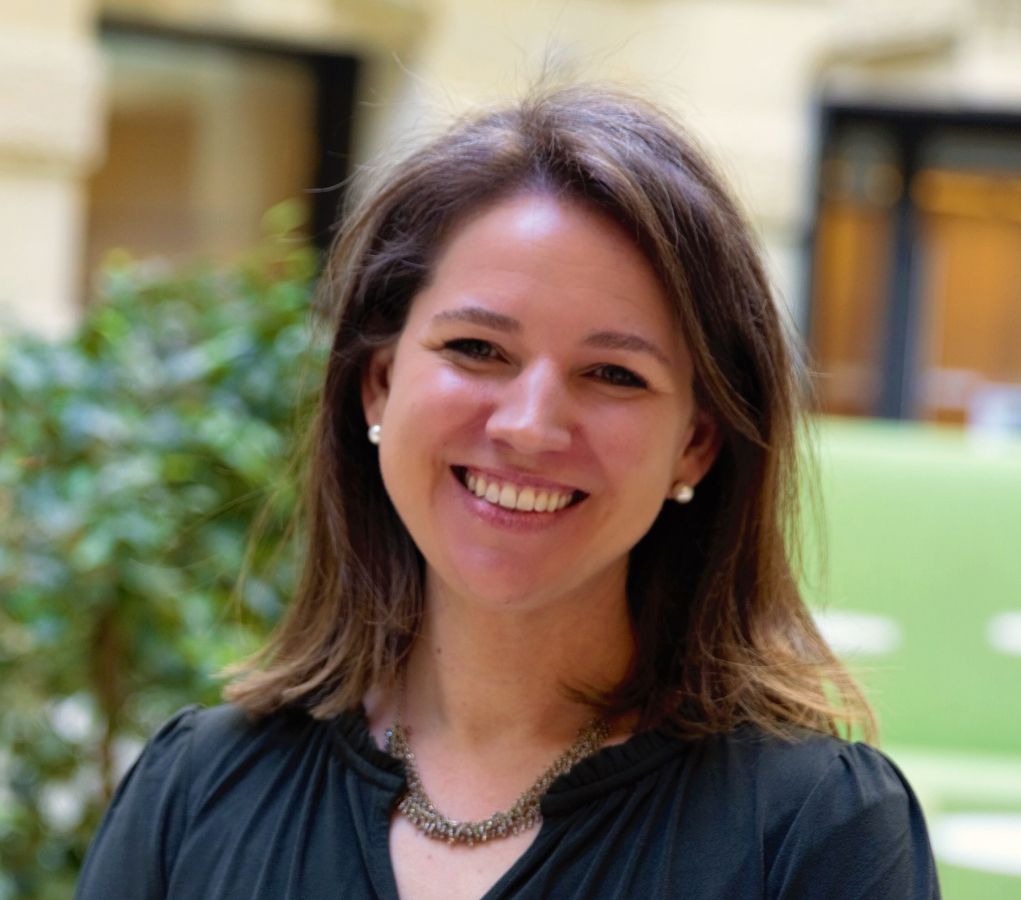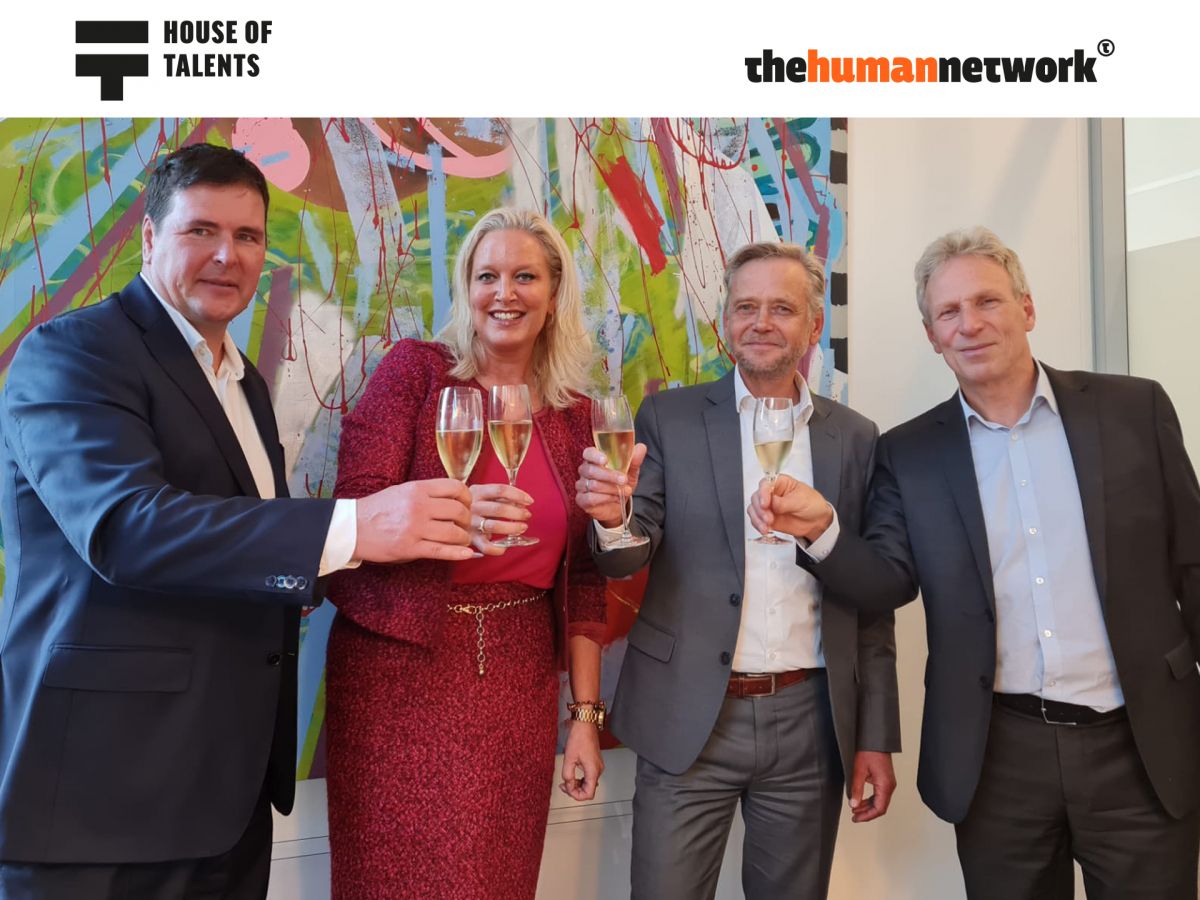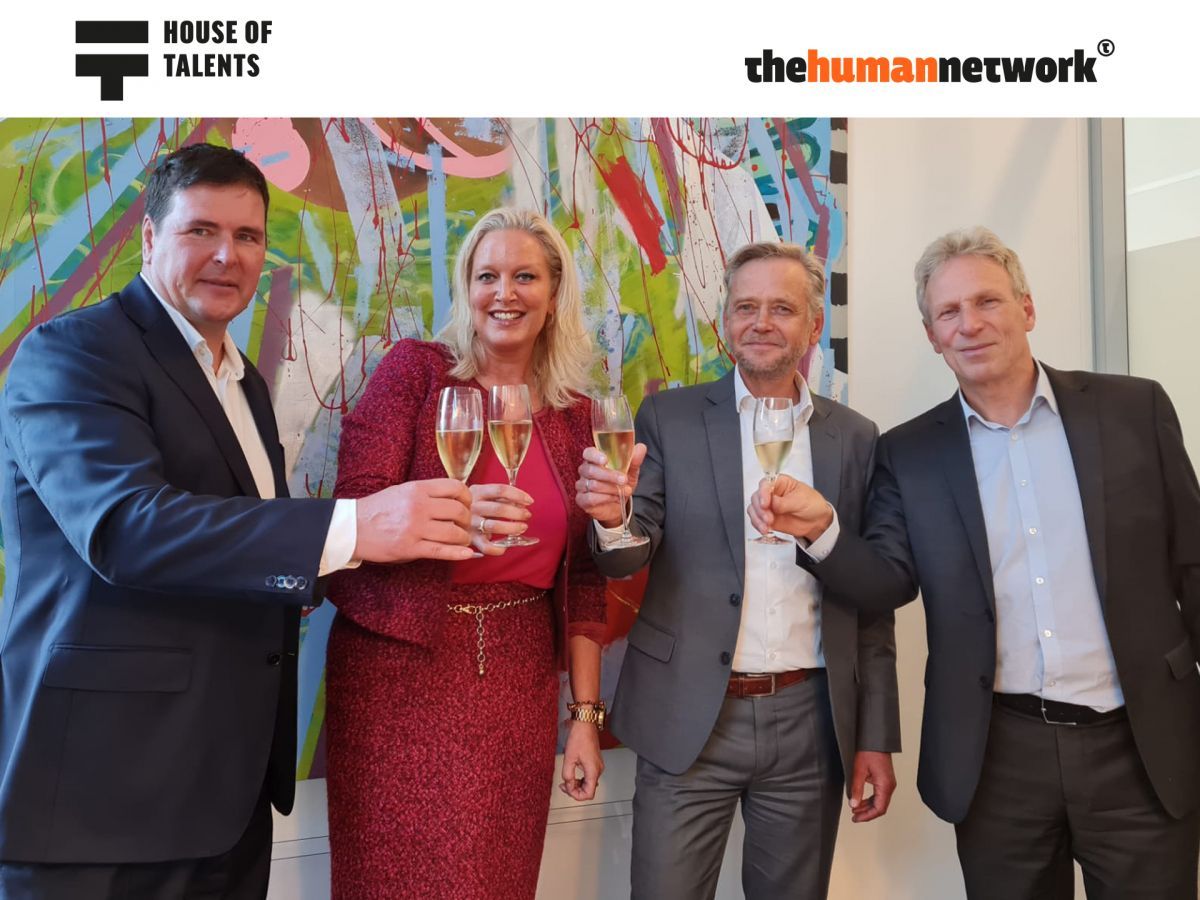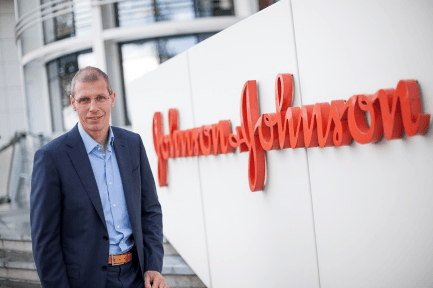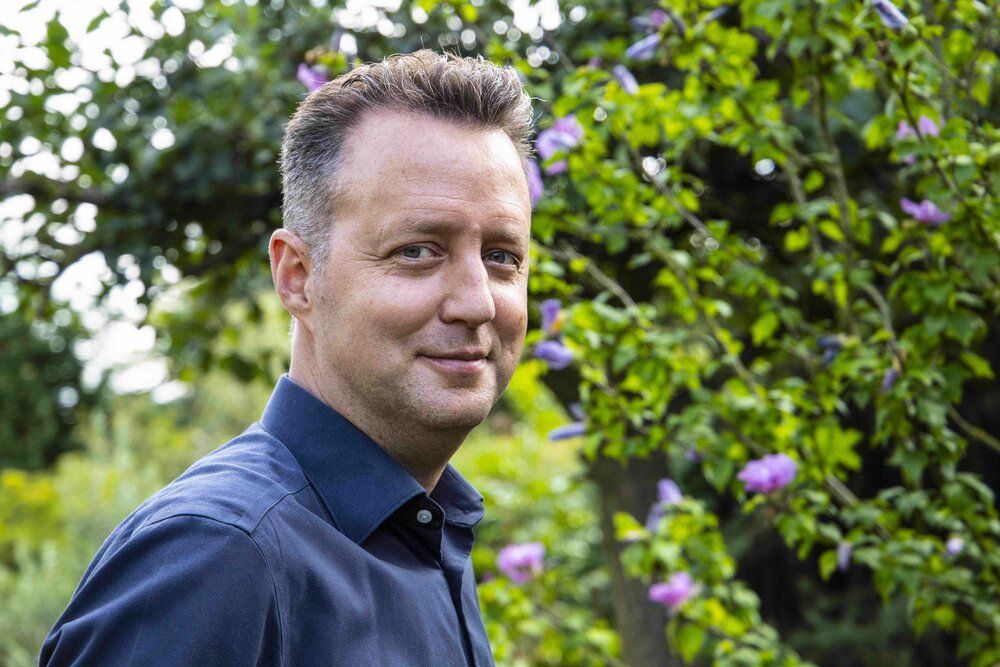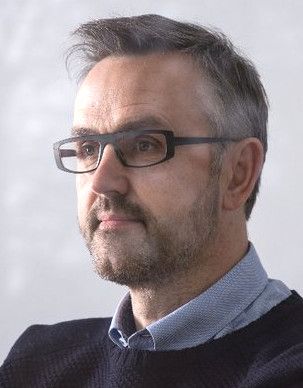The Big Reset Playbook: what’s working now?
Every month #ZigZagHR reaches out to an international HR professional. This month Lesley connects with Nuno Gonçalves, Global Head of Strategic Capability Building at the American multinational Mars Inc, senior faculty member of the Josh Bersin Academy and one of the contributors of The Big Reset Playbook, which reveals that huge impact on companies. What has changed? What will remain in a world post-pandemic? Which are the priorities today? And what does it mean for HR?
The Big Reset Playbook, published in August 2020, summarizes more than 200 hours of interviews, in-depth case studies, and group discussions with 600 companies around the world. What you’ll find is that several events in 2020 seem to be radically changing the organizations and its leaders – the pandemic, #blacklivesmatter and all the Inclusion and Diversity (I&D) challenges in the world (and especially in the US), the political discussions in the US are contributing to what could be an important inflexion point for leaders and organizations. The cycle of React, Respond, Return, Transform is repeated over and over. Nuno Gonçalves shares with us a few of the 20 (!) key priorities, 3 remarkable shifts and some valuable lessons for HR from the front lines.
In February and March of 2020, the global pandemic set in. Originating in China, the virus spread around the world and by early March, much of the world was in some form of lockdown. Social distancing, hand-washing, masks and online life had begun. The continued spread of the virus calls for constant evolution and continuous adaptation, going through 4 cyclical phases, dependent on geography and market economics:
- React: identify who is affected, understand patterns, identify risks, develop data systems to enable fast communication and respond to a set of unpredictable issues.
- Respond: develop a series of programs to help employees work remote, implement new benefits programs, train people and create programs to support employees and their families.
- Return: develop new protocols and systems to keep employees and customers safe.
- Transform: redesign products, services and experiences to meet new demands in a new world of work.
Over these past couple of months Nuno Gonçalves and the other contributors engaged in conversations with 150-plus HR leaders in 4 working groups: culture and wellbeing, workforce transformation, return to the workplace, and leadership and learning, led by Nuno Gonçalves himself. He distils 3 shifts:
#1 Leadership shifts towards more empathy, transparency, human centricity and D&I
In the first wave of the pandemic, Nuno Gonçalves witnessed a spike in empathy, transparency and wellbeing: “Wellbeing evolved from accessory to a number one priority, there was a distinct move towards transparent and more empathetic leadership, with CEO’s and senior leaders engaging with their teams and the entire organization very regularly in some cases, with townhalls on a weekly basis instead of once or twice a year as it was once practised. Continuous and real-time communication with employees is one of the 20 key priorities listed in the report. This new emphasis on employee communications, typically led by HR, has put many CEOs into the role of Chief Empathy Officer. Many leaders are now developing programs to directly support workers and their families. Work, more than ever is invading our lives, the frontiers between bosses, colleagues, friends, family, … are thinner than ever and organizations start seeing their employees as a multifaceted human being and no longer just someone that is there to perform and deliver shareholder value. This focus on family is new. It looks like Covid-19 is humanizing us!”
#2 Shift from company performance towards doing the right thing
“People want to work for companies that are doing the right thing! Not the size or financial success, but the type of leadership and integrity demonstrated will be the reason why people want to work for a company or not”, says Nuno Gonçalves. “That does not mean that you cannot be profitable – on the contrary, studies demonstrate that companies that move away from a pure shareholder value to a more inclusive value creation approach, adding value to partners, suppliers, communities, … are stronger, more sustainable and more profitable than those whose sole focus is shareholder value – doing the right thing brings more profit too, on top of a myriad of positive impacts on the other.”
“This crisis will generate a different war for talent”, he believes. “Especially in times of uncertainty psychological safety is very important. As human beings, one of the things that distinguish us from other species is our belief systems, the fact that we’re able to infer thoughts and create a set of beliefs that help us guide our decisions. We’ve seen the rise of science impacting the range of religious beliefs in the world, we’ve seen societies evolve their political systems, believing that republics and democracies with political leaders chosen by all of us would create a better country/society,… Given all that is going on in the political landscape, this trust has surely decreased in the past years in many parts of the world where we see political leaders that privilege economics over the health of their citizens, leaders that lie and misinform for their own benefit – all this generates a void that we need to fill. With the borders of work/life thinner than ever, the organizations are increasing their importance as we now understand that companies can have more impact on us and on the world than individual countries. In an era where we experience more prosperity and abundance than ever most of us now have the luxury to choose who we want to work with/for. If some years ago we all wanted to work in the bigger and more financially successful companies (Amazon, Facebook, Apple,…), I believe that in the future we will want to work with/for the companies that have a track record of doing the right thing in challenging times. Another reason for you as a leader to do the right thing – critically important if you want to have the best talent in the future.”
#3 Shift from the organization we are today towards the organization we want to become
Nuno Gonçalves: “It all starts with a clear understanding: what is the organization we want to become in the future, what are the people and capabilities we need, how can we nudge our organization and people in the right direction? You need to look at change with a political (corporate), a sociological and a psychological lens. What does this mean for all your HR processes: how do you change performance management, talent acquisition, I&D, leadership development,..? In the end, strategy is about changing people’s behavior. You have to be able to envision the future.”
Which trends will stick?
During summer, after the first Covid-19 Wave, Nuno Gonçalves witnessed some leaders going back to old habits, desperately seeking to recover the revenue they had lost during lockdown: “I’m eager to find out whether we will be going through a second cycle: will this empathy erosion continue? Do we want the economy to flow despite people getting sick or even dying? Or will we bounce back towards human-centred leadership?”
After every crisis some changes stick, others don’t. Nuno Gonçalves: “During World War II, women were asked to join the workforce because all the men were off to war. It was the door of entry to the workplace for women. Women stayed, even though men came back from war. After 9/11 we all agreed to sacrifice a bit of our privacy and allowed ourselves to be tracked in exchange for our safety. Today we face yet another crisis, and what will stay? Will this spike of empathy stay or will we see another erosion?”
What will Post-Covid-19 look like? According to Nuno Gonçalves, we have to take into account the different perspectives (sociological, corporate and psychological) and connect them to try to envision what the future will look like. In the Western World we are privileged, but ultimately things also ‘happen’ to us. Resilience demands optimism. But it’s hard to remain positive.
So what can companies do? Nuno Gonçalves: “Mars has been exploring how they can do more to create financial value, upward mobility for individuals, community cohesion and strength, and environmental protection and regeneration through re-imagined ways of approaching our business. They call this the Economics of Mutuality. The Economics of Mutuality restores relationships between business, society, and the environment by equipping companies to enhance their performance by meeting critical needs within their ecosystems. The leadership of Mars set the Economics of Mutuality in motion a year and a half before the 2008 global financial crisis with a profound question: what is the right level of profit for the corporation?”
Towards a new role for HR?
The expectations of HR have increased exponentially. So, what is the mindset, skillset and toolset HR needs to help leaders and the workforce deal with this continuous uncertainty?
HR is good at being reactive: ‘Let us know what you want and we’ll do it, we’ll help you.’ But HR will need to level up, according to Nuno Gonçalves. That’s why he joined the Bersin Academy: to help professionalize the HR profession and develop his own HR leadership skills. Nuno Gonçalves: “It’s not just about managing traditional things, that doesn’t differentiate your HR from any other, know your company strategy as any other senior business leader, bring high levels of expertise in HR as no one else has it, anticipate the future by creating scenarios based on strong insights and use of data, be human, be resilient. HR will have to broaden their areas of expertise and work directly with other functional areas such as finance, legal, facilities, IT,... It’s key for HR professionals to learn from each other on a global scale. Networking is key.”
Maybe that is the most important takeaway: every single leader that Nuno Gonçalves engaged with told him that the pandemic created a sense of unity: unity among employees, among customers, among other corporate functions, among the 150 plus HR leaders that were part of The Big Reset initiative. In many ways Covid-19 has forced us to tear down functional silos and work in a more agile way – as one of the HR Leaders in the Big Reset initiative said, Covid-19 has been a “great equalizer”. People are inspired and energized by this sense of purpose, togetherness and urgency in this time of change. Yet another silver lining in Covid-19 dark clouds!
What about a COVID Silver Linings Playbook Nuno :-)
This article was written and translated by #ZigZagHR.









